Blog
Guide

The Guide to Buying a House with a Friend
The Guide to Buying a House with a Friend
More and more people are looking at other ways of buying a property and joining the housing market. Whilst many still opt for the traditional method of settling down with their other half and buying a house with their spouse or partner, some are opting for investing in a home with a friend. Buying a house (with a mortgage) with a friend is a big step and decision to make in that relationship, so it’s important that you are aware of agreements, mortgage details and more that need to be made and agreed on. There are benefits to owning a property with a friend, but it can come with some disadvantages.
To make sense of it all, Arrow Conveyancing has jotted down all the main points and information you need to consider when making this step. Helping you to decide whether it’s not only the best for your financial and personal life, but also for the friendship.
The Legal Stuff
Buying a home with a friend is a lot easier than you may think. Just like you would with a spouse, the mortgage goes through the same process. Lenders will check both of your credit scores and financial histories as well as your incomes.
There are various mortgage deals targeted for such home buying circumstances, so shop around and look for the best joint/co-ownership mortgage deals. These deals fall under the title of ‘Tenants in common’ or ‘joint tenants.’ You can also look into shared ownership schemes if you and your friend earn £80,000 a year or less.
Just like any other legal agreement, it’s important to have the right paperwork put in place, and this is where your conveyancer comes in. It’s wise to get a legally binding cohabitation agreement drawn up which features the share of property, financial responsibilities/contributions as well as maintenance costs.
Furthermore, the agreement should include the split of the proceeds of the potential future sale as well as a declaration of trust showing you’ve agreed to the latter. This will all be recorded in the land register. What doesn’t require legal assistance but is a good idea, is create an inventory of personal possessions. So, if or when the time comes that one of you moves out, then you already know who bought what and what belongs to who.
The Advantages
The first advantage of buying a house with a friend is that it allows you to raise a deposit sooner. Rather than struggling on your own to generate a good deposit or settle for a house that you don’t necessarily love, having someone else add to the deposit pot could get you on the property ladder quicker. Just like you would with a spouse, raising a joint deposit is no different. Looking at the current marketing climate, you may find it difficult to be able to save up for a mortgage yourself or be able to pay off the monthly payments alone. An expensive step in life to take, so why not team up with a friend.
This also translates onto the cost of bills such as council tax, utility bills, insurance as well as the mortgage payments. Spreading the cost not only makes it easier for you but allows you to continue to save up for the future. If you have the option to do this with a friend, it can help reduce a lot of stress that comes with bills and payments.
At the end of the day, buying a property, whether it’s with a spouse or friend could be a great idea. Just make sure you’re doing it with the right person. Owning a property with a friend can bring about many benefits regarding the financial aspect, but it can also positively affect your social life. You don’t have to be in a relationship to buy a home, and that’s one societal norm that needs to change.
The Disadvantages
A legally binding contract: Buying a house with a friend does come with some disadvantages that can complicate things. The main complication is any changing circumstances that may occur. For example if you and your friend fall out with one another or if either one of you wants to buy their own house in the future, or they want to move in with a partner etc. Generally, one of these means you may have to sell the property, leaving the other friend in a sticky situation. When buying a home with a friend, make sure you set a guideline of how to approach said situation if they arise.
Another disadvantage that arises from a joint mortgage with a friend is that you’re both equally liable for paying off the monthly instalments. This means if your friend doesn’t pay or can’t pay, you must cover their half and make up the difference. Money is a sticky topic for many, so make sure you’re buying with a friend that is reliable.
For when you need a reliable and quality conveyancing service please get in touch with
Arrow Conveyancing Ltd.
Call: 0116 266 5394
Email: hello@arrowconveyancing.co.uk
Website: www.arrowconveyancing.co.uk
Disclaimer
The materials on this website do not constitute legal advice and are provided for general information only. Whether express or implied, no warranty is given concerning such materials. We shall not be liable for any technical, editorial, typographical, or other errors or omissions within the information provided on this website, nor shall we be responsible for the content of any web images or information linked to this website.
The information contained in this article does not constitute financial advice or recommendation and should not be considered as such. Arrow conveyancing does not offer financial advice and is not regulated by the Financial Conduct Authority (FCA), the authors of this article are not financial advisors and are therefore not authorised to offer financial advice.
Published on :
December 8, 2024


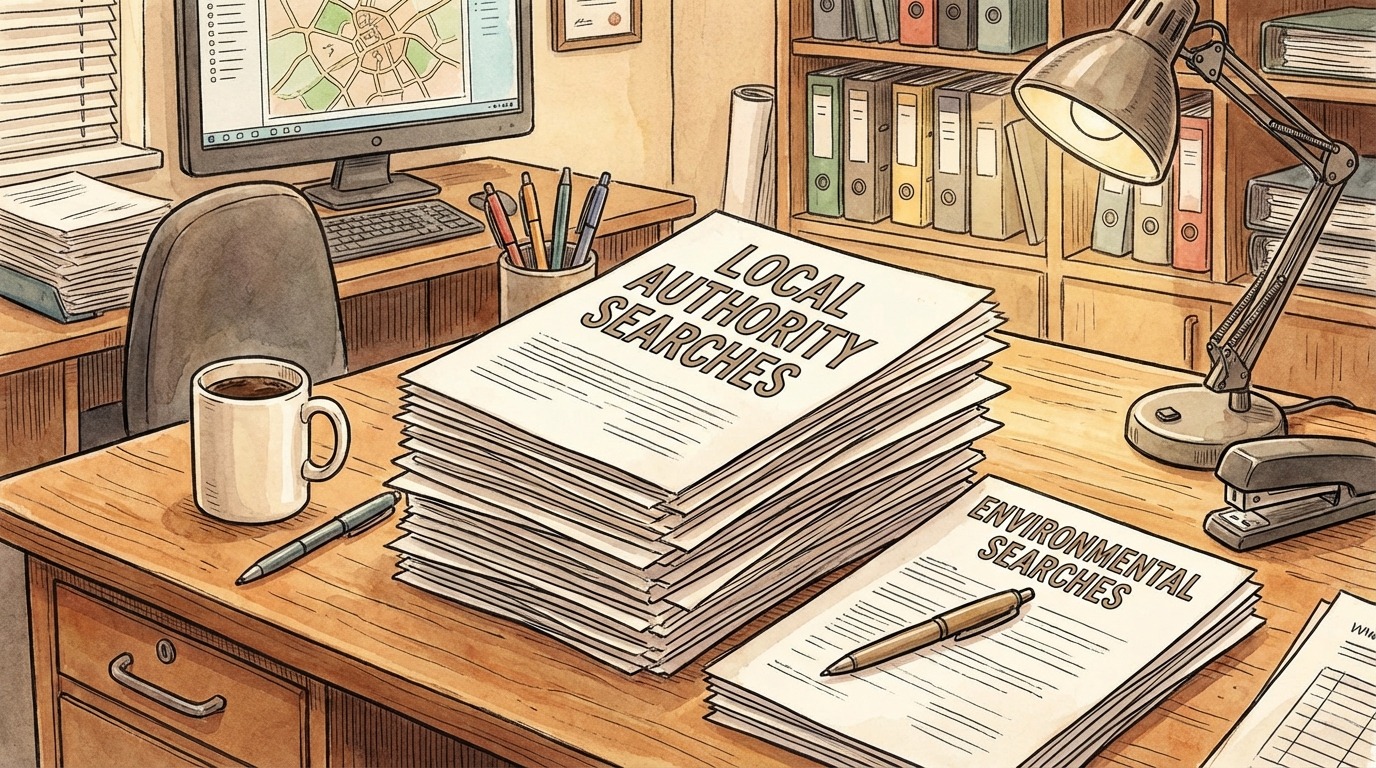
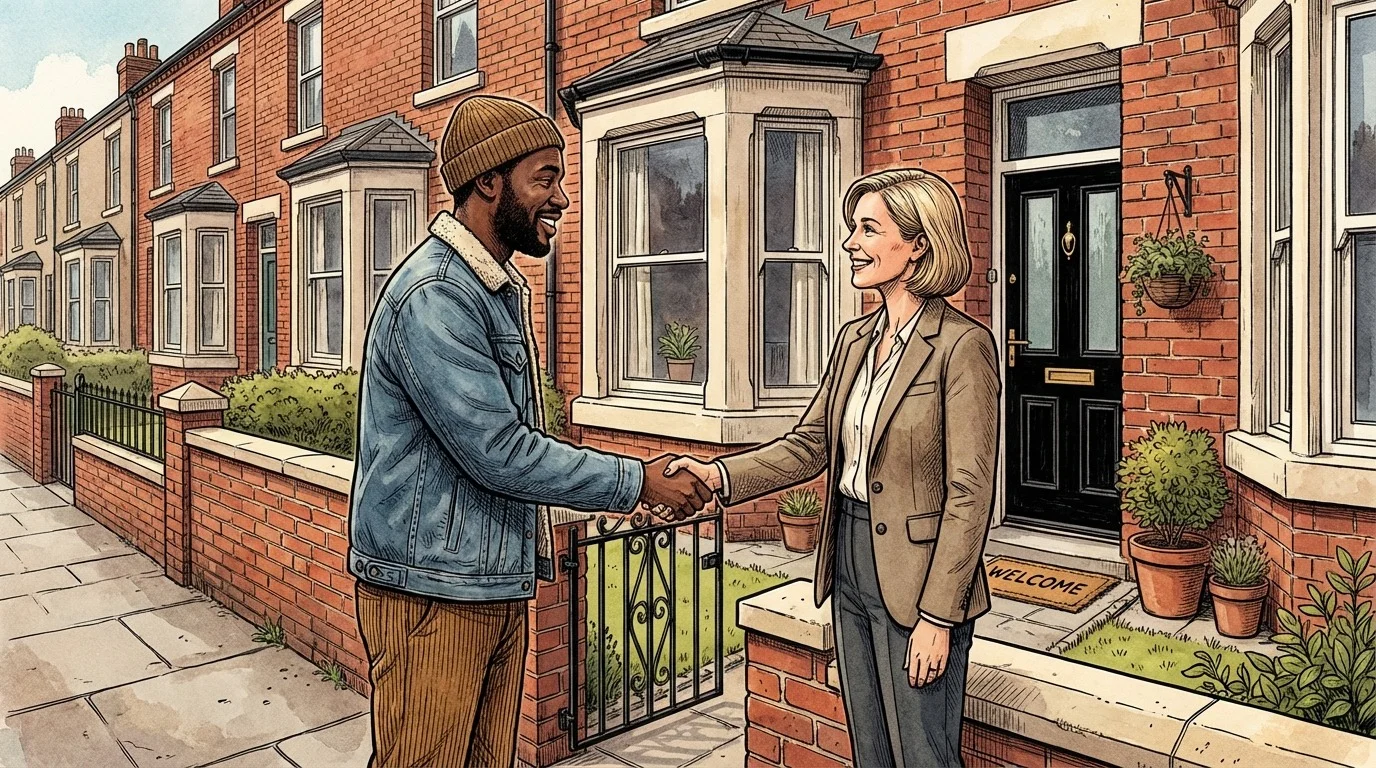

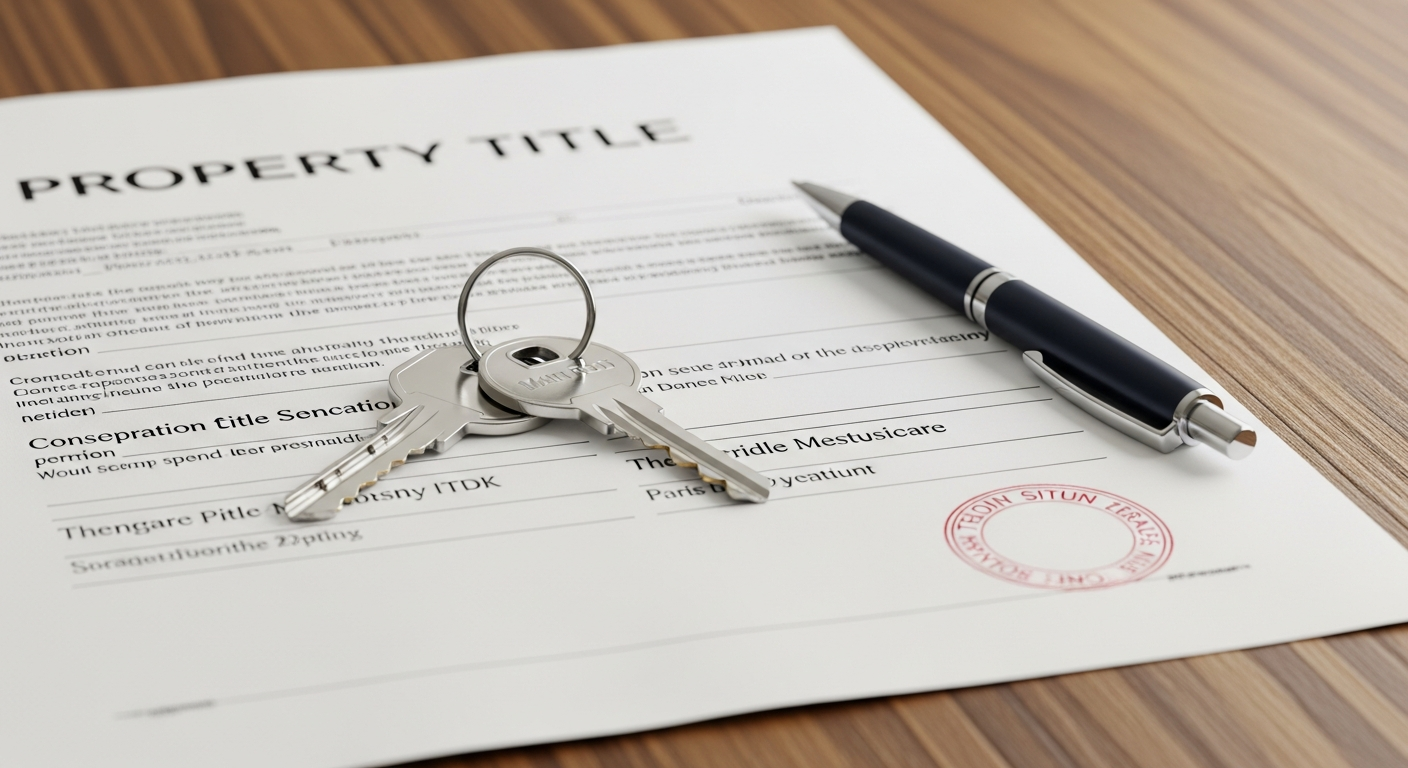
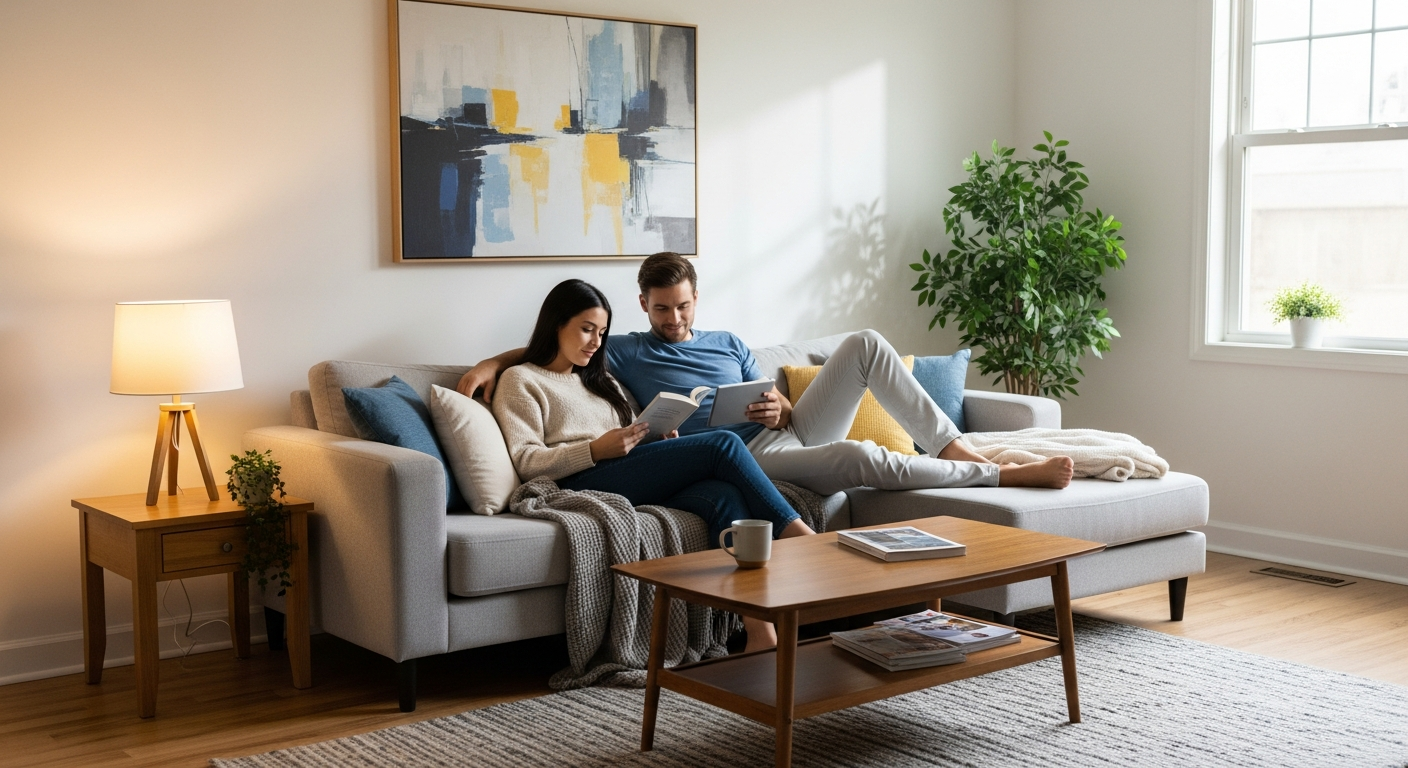


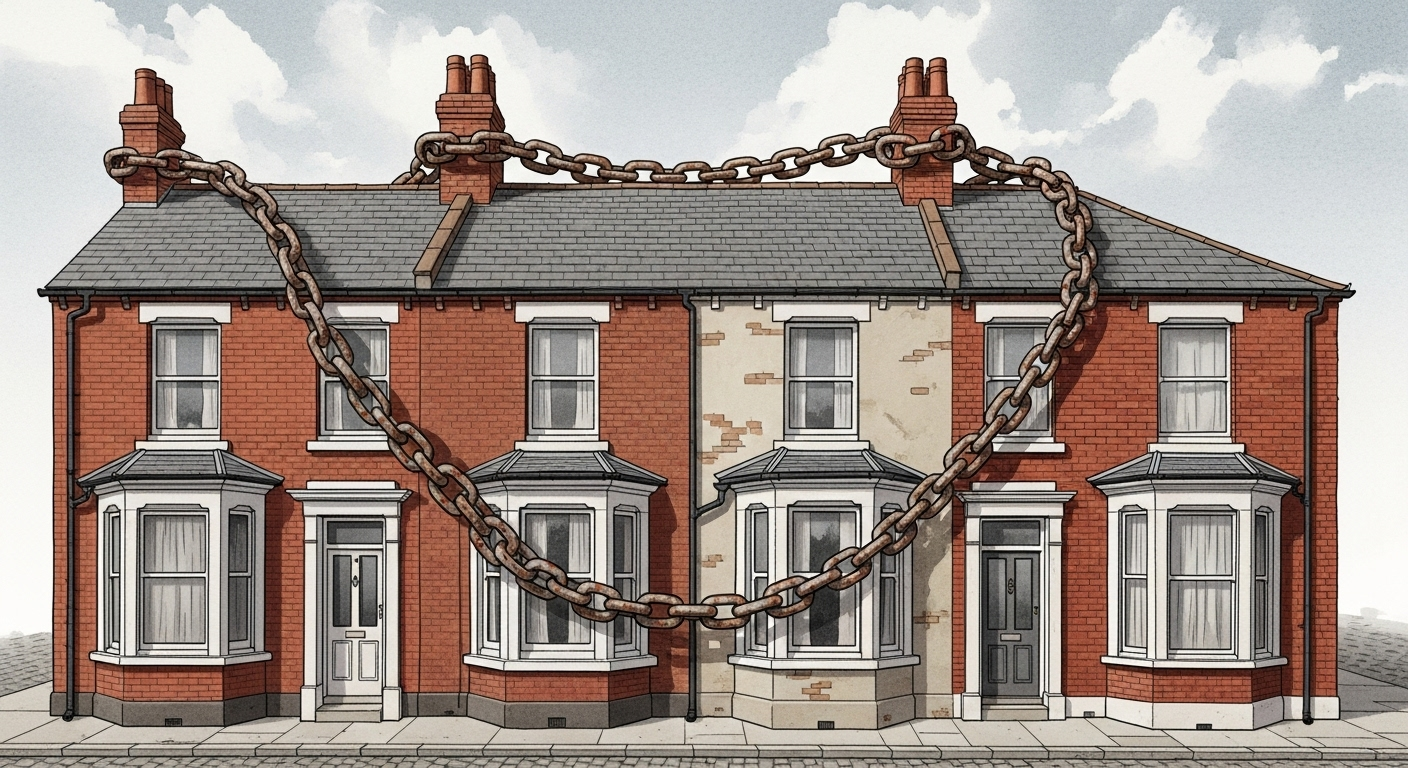

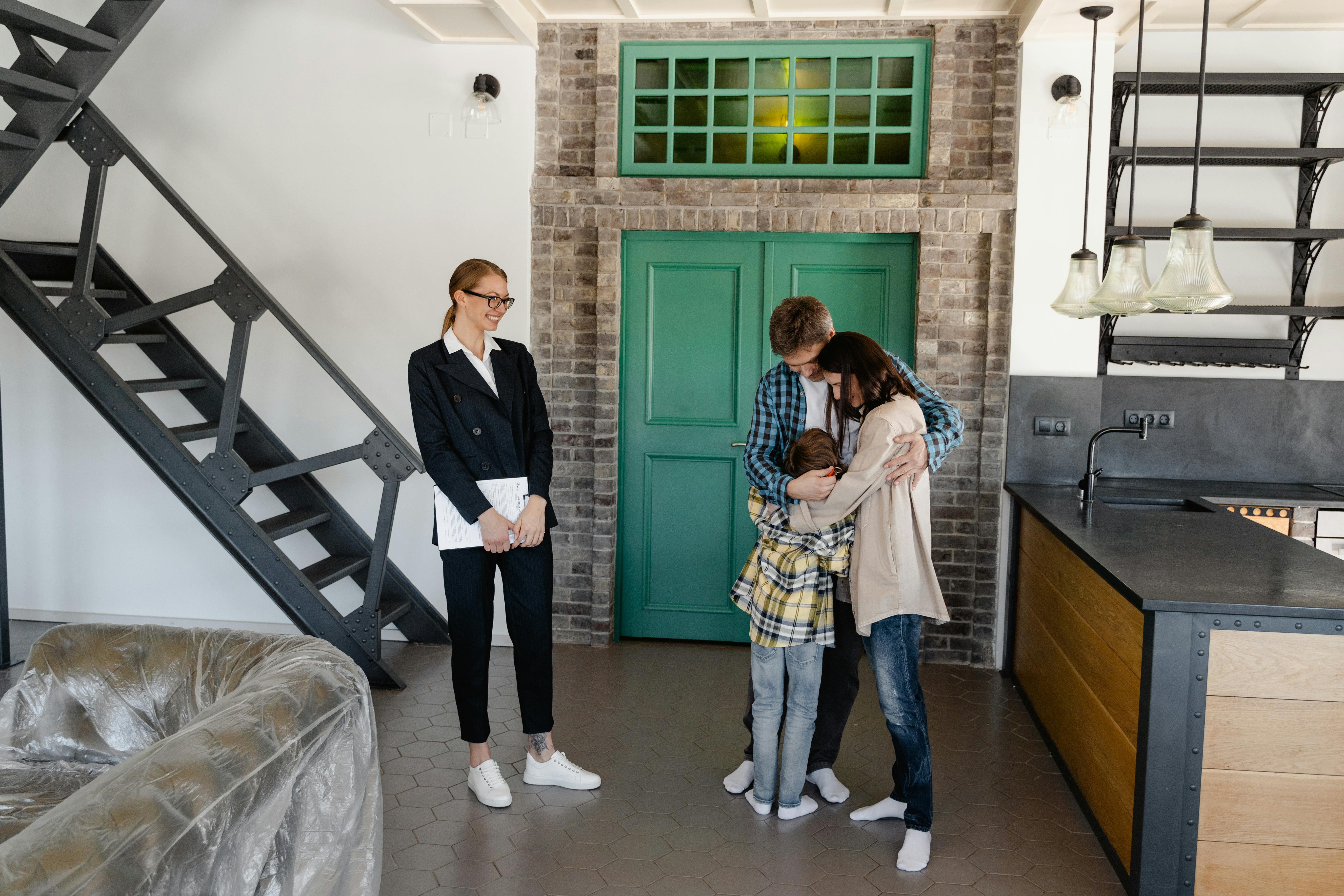
.png)





